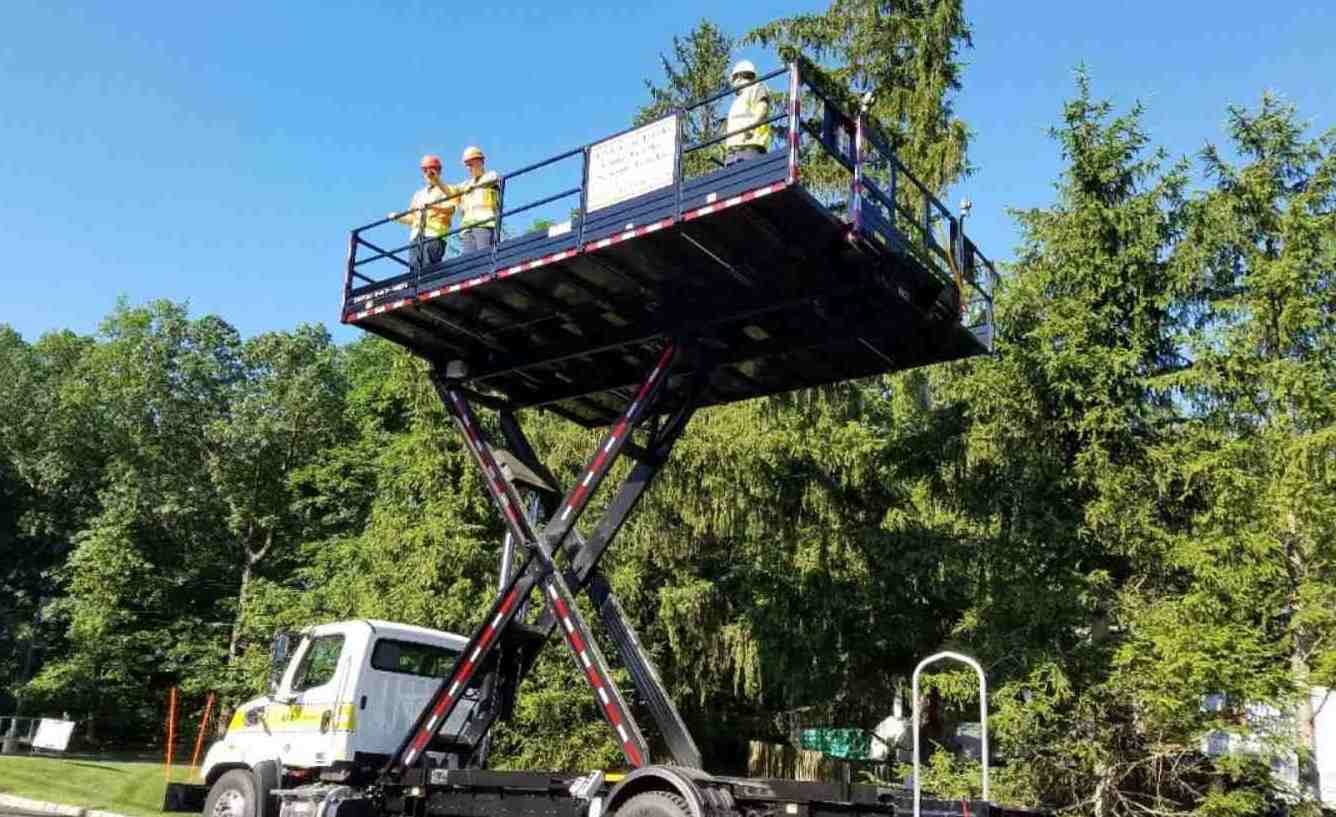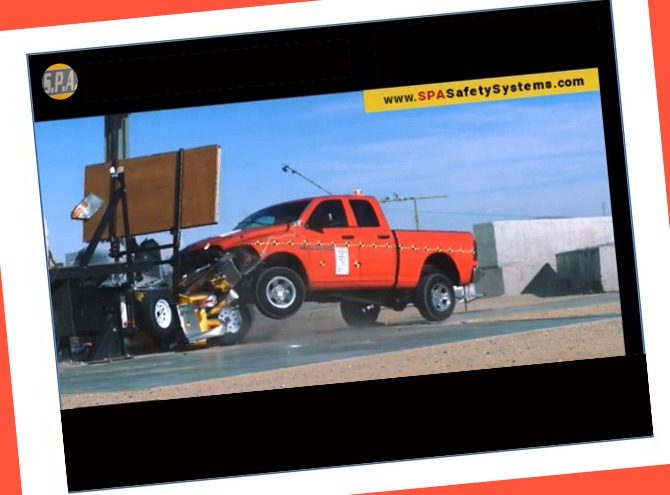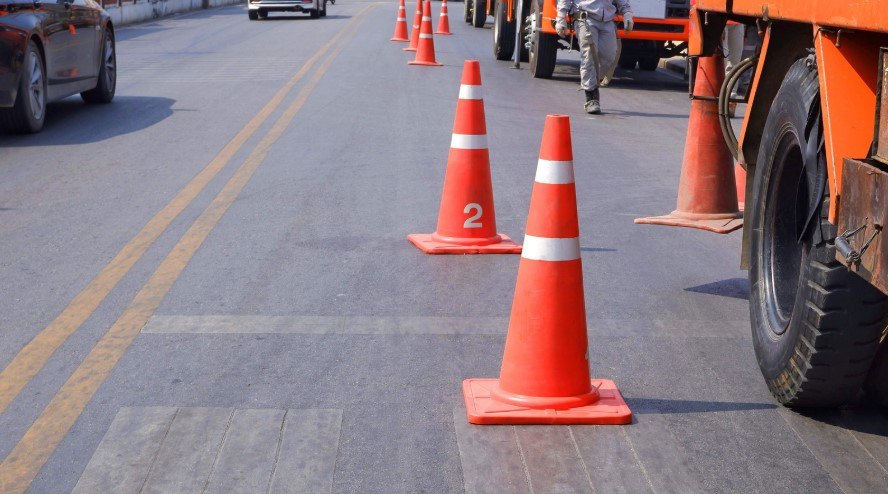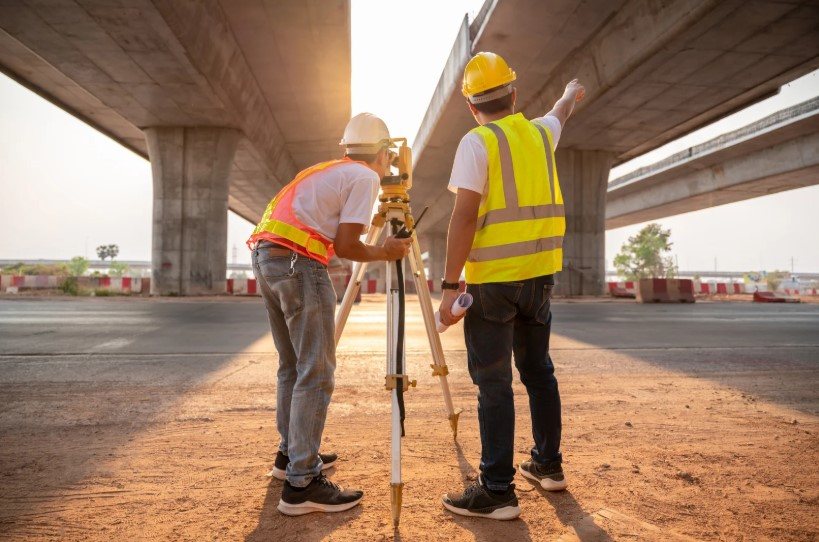When it comes to reaching elevated work areas safely and efficiently, scissor lifts are a game-changer. From construction sites and warehouses to event setups and maintenance tasks, these machines provide the perfect combination of stability, height, and convenience. But buying one outright isn’t always the most practical option. That’s why many businesses look for reasons to rent a scissor lift truck, gaining access to the right equipment without the long-term commitment or hefty price tag. Renting ensures flexibility, cost savings, and the ability to choose the right lift for each unique project.
Miguel’s phone buzzed at 6:04 a.m. A warehouse bulb—thirty feet up and smack over the central aisle—had burned out overnight. Shipping started at seven. Forklifts would crawl that aisle all day, but the dead light turned it into a tunnel of shadows.
Miguel’s first thought: We need a lift—now.
The numbers raced through his head. Buying a scissor-lift truck outright would freeze nearly $60,000 of his budget. Even leasing long-term required a down payment he couldn’t spare—maintenance, inspections, storage… headaches stacked higher than the bulb itself.
At 6:15 a.m., he called a local rental yard. By 9:00, a truck-mounted scissor lift rolled onto the dock, its platform gently unfolding like a giant metal book. By coffee break, the bulb was replaced, the lift was on its way to the next job, and Miguel’s balance sheet was untouched.
Renting a scissor lift truck can rescue a project, spare the budget, and keep everyone safe—without tying your company to a six-figure purchase.
Let’s unpack why.
What Is a Scissor Lift Truck?
A scissor lift truck carries two machines:
- The scissor lift—an aerial work platform that raises straight up on crossed steel arms (think of a pair of huge scissors opening).
- The truck chassis—usually a medium-duty flatbed or pickup that carries the lift from site to site.
The result is mobility plus altitude: operators drive to the location, set the outriggers, and elevate within minutes—no trailer, no tow vehicle, no time lost. These units serve:
- Construction and remodeling crews
- Facility maintenance teams (lighting, HVAC, fire-sprinkler service)
- Signage and electrical contractors
- Event organizers hanging temporary truss work
If a standard slab scissor lift is a ladder upgrade, a truck-mounted unit is a mobile rooftop on demand.
Reason #1: Cost-Effectiveness Over Ownership
Purchase vs Rental at a Glance
| Scenario | Typical Cash Outlay | Notes |
| Buy a new 35-ft truck-mounted scissor lift | $50,000–$75,000 | Plus 8–10 % annual carrying cost (insurance, storage, depreciation) |
| Rent daily | $300–$450 | Transport is included in many cities |
| Rent weekly | $900–$1,400 | Ideal for punch-list work |
| Rent monthly | $2,800–$3,800 | Still < 7 % of the purchase price |
(Prices compiled May 2024 from United Rentals, Sunbelt, Herc Rentals.)
A rule of thumb in equipment economics is the 70 percent threshold: if you’ll use a machine less than 70 % of the time it sits available, renting is cheaper. Most facilities need elevated access a few days per month—not daily—making ownership a cash sink.
Story in the Numbers
A small sign company in Tulsa ran the math last year. They required a 40-ft platform only for quarterly billboard swaps, about twelve working days per year. Buying would lock up $65,000 and an additional $3,000 in annual maintenance. Renting twelve single-day periods costs $4,800—saving over $60k the first year and preserving capital for marketing.
Reason #2: Flexibility for Short-Term Projects
Construction timelines shift like the weather. Suddenly, you’re weeks ahead on drywall but behind on exterior lighting. Renting a scissor lift truck lets managers:
- Scale fleet size up or down overnight
- Choose platform height tailored to each task (26 ft today, 45 ft tomorrow)
- Return equipment the moment punch-list items wrap
Seasonal Surges
Municipal parks departments rent lifts each November for holiday light installations, then again in March for takedown—no idle machines clogging the yard in between.
Case Snapshot
On a Phoenix mixed-use build, the glazing subcontractor added weekend shifts to hit the deadline. The GC rented two additional truck-mounted lifts on Friday afternoon; glass curtain-wall sections were in by Sunday night, avoiding a $25,000 liquidated-damages clause. Try extracting that flexibility from a fixed-asset ledger.
Reason #3: No Maintenance Worries
Hydraulic fluid checks, ANSI A92.24 annual inspections, battery replacement, and fall-arrest anchor recertification—these aren’t line items most managers want on their plate. Rental agreements typically include:
- Preventive maintenance before each delivery
- 24/7 on-site repair or swap-out within hours
- Compliance documentation for OSHA spot checks
The emotional dividend? Peace of mind. Operators trust that tilt sensors, pothole protection, and emergency down controls function as advertised.
Reason #4: Access to the Latest Technology
Rental fleets turn over fast; competition pushes suppliers to stock newer, more efficient models.
New-generation perks you can enjoy without paying full MSRP:
- Lithium-ion or hybrid powertrains—quiet, low-emission operation in warehouses
- Digital load-sensing that locks the platform before overload becomes dangerous
- Telematics for real-time location and usage logs (handy when billing time-and-material clients)
- Swing-out trays & self-diagnosing consoles that slash troubleshooting time
Buying locks locks you into today’s tech curve for years. Renting is like subscribing to the latest smartphone—updates included.
Reason #5: Enhanced Safety Features
According to OSHA, falls from elevation remain one of the “Fatal Four,” accounting for roughly 34 % of construction fatalities annually. Modern scissor lifts mitigate that risk with:
- Full-height guardrails and mid-rails
- Platform entry gates that interlock with lift controls
- Tilt and descent alarms
- Emergency stop buttons are at both the platform and ground controls
Rental suppliers must certify these features before every contract, giving crews a fresh safety start each time.
“We view rental as a safety partnership,” notes an Atlanta Sunbelt branch manager. “If a lift fails an operational check, it never leaves the yard.”
Reason #6: Logistics & Mobility
A slab-style lift often demands a trailer, tie-downs, or even a rollback truck—plus a licensed driver. A truck-mounted unit solves transport in one swoop:
- Drive directly to the site at highway speed
- Set outriggers, finish the task, stow, and roll to the next address
- Skip crane off-loading fees on urban streets
For multi-site service companies—think HVAC technicians hopping among retail stores—these minutes add up to hours saved and invoices accelerated.
Rent vs Buy: Which Makes More Sense?
| Factor | Rent | Buy |
| Project duration | Occasional, seasonal, punch-list | Daily or weekly for years |
| Cash flow | Small predictable expense | Large capital hit + interest |
| Maintenance | Handled by the supplier | In-house or dealership fees |
| Tech upgrades | Access the newest models anytime | Stuck with purchase-date tech |
| Storage & transport | None—return when done | Yard space, trailers, fuel |
| Accounting | 100 % deductible expense | Depreciation over the life cycle |
If your utilization hovers under 60-70 %, renting wins almost every time. Ownership shines only when lifts work full-time and logistics infrastructure already exists.
Conclusion: A Smart Business Decision
Renting a scissor lift truck is like leasing a luxury SUV for a weekend ski trip—you get the performance, the safety, and the convenience without the decade of payments and upkeep. For construction managers balancing budgets, facility teams chasing maintenance tickets, or entrepreneurs juggling shifting workloads, rental delivers:
- Capital preserved for core growth
- Flexibility to scale with demand
- Best-in-class safety for crews and customers
Ready to Reach New Heights?
Call 973-347-1101 for a quote.
The right lift could be parked at your dock tomorrow morning—bulbs changed, projects finished, budgets intact.
Because sometimes the smartest tool in the box is the one you don’t own.







